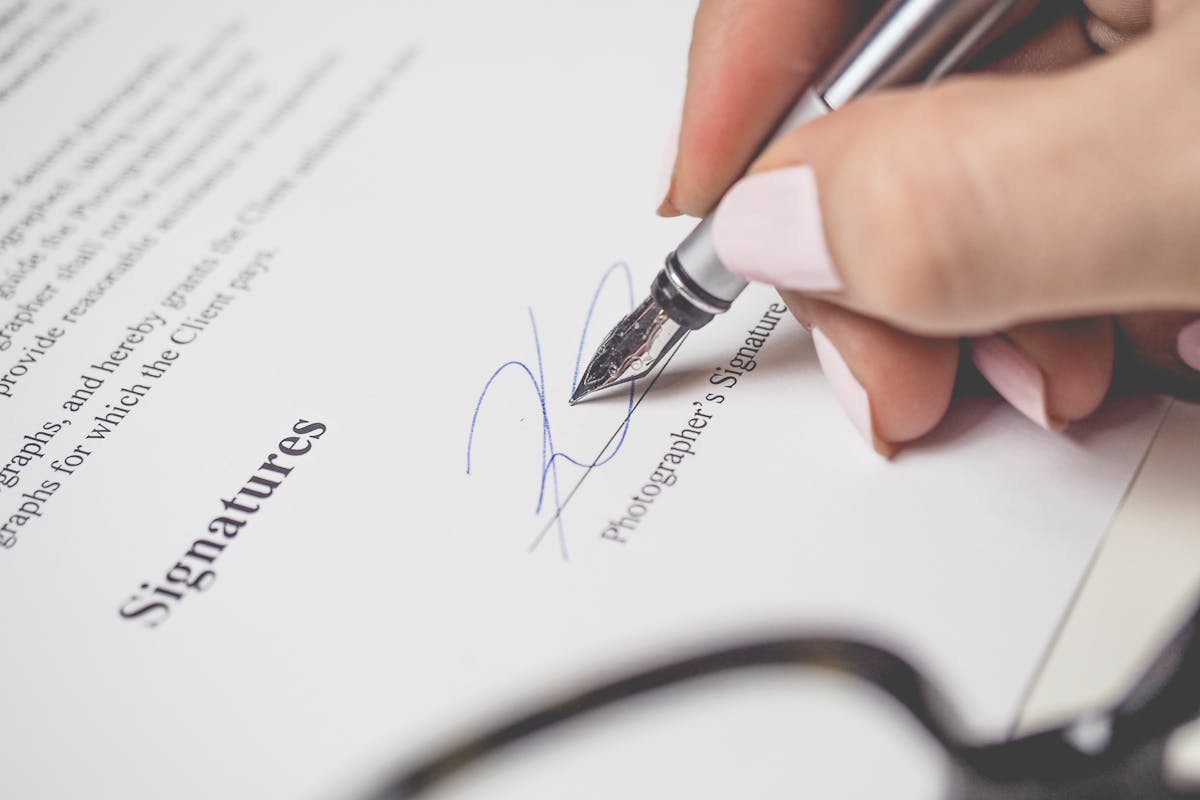There’s a common assumption that technical work is all about solving equations, building systems, and running code. Anyone who’s spent time in engineering, IT, biotech, or any other technical field, however, knows the real surprise: so much of the job is communication.
“The vast majority of your time—say, 70% of it—will be communicating information in one form or another,” wrote one Oil & Gas sector engineer on Reddit in response to the question, “How much writing do you do as an engineer?”
And not just ordinary “communicating” either. Technical writing is a huge part of any technical work, and it is its own demanding discipline. Technical writing relies on clarity, logic, and precision under real-world constraints to a degree that other forms of business writing don’t. A badly written technical document could lead to safety issues or operational problems (such as costly rework or project delays) in a way a badly written financial document never would.
That’s why more organizations are looking for ways to improve their team’s professional technical writing course and communication skills. Here, nothing beats technical writing skills development than via a workshop. A technical writing workshop enables your team to realize the biggest gains and your organization to generate the best return on investment.
Here’s why.
Technical Writing Is Harder Than It Looks
Grammar is important, certainly. It’s the first thing most people think about when they hear “writing skills,” and, yes, grammatical correctness matters. For technical writers, though, it’s just the starting point and the bare minimum.
In fact, in a classic essay, former University of Michigan Engineering professor Dr. W. Earl Britton argued that technical writing deserves center stage in any professional education. Unlike the academic essay, which was “rarely encountered after college,” technical writing is universally applicable. “It emphasizes efficiency, precision, and communicative effectiveness,” Britton wrote. “The information flows from the knowledgeable to the uninformed, is normally arranged deductively, and focuses upon the reader. Intellectually and rhetorically demanding, it belongs in all professional training.”
That logic still holds up. Yet, many technical degree programs still treat writing as an afterthought or academic exercise, as do many employers. Yet a national study found that 80.5% of professional engineers believe technical writing should be a required part of their undergraduate education. Most of them learned its importance only after entering the workforce.
What Do Technical Writers Need to Learn?
It’s tempting to think of writing as a soft skill, but in technical environments, it’s often the linchpin between expert knowledge and real-world application. In a very real way, technical writing itself is functionally a form of engineering.
1: Understanding the “User” (the Reader) Is the Job
Technical writing often fails simply because the writer makes the wrong assumptions about the people who will be “using” their written materials. They might assume too much shared knowledge, use insider terminology, or organize the information in a way that only makes sense from an internal perspective. When the reader is confused or misled, the consequences can be a safety violation, a failed handoff, or a dissatisfied customer.
That’s why technical writing workshops emphasize reader analysis. In this context, we might even think of this as “user” analysis, with the written document as the technical product. Who’s going to read (use) this document? What do they know? What do they need to know? Professionals who write technical documents must learn to step outside their own expertise and write from the reader’s point of view.
This is especially important when the reader is also a customer and the document is part of a working relationship. As we’ve noted before, technical writing has the power to shape professional relationships.
2: Readability Is Not Optional
Once you understand your readers, the next step is learning to write in a way that is understandable and usable by them. For example, unless the reader is a peer or colleague, care should be taken in terms of how the technical documentation is constructed. One study by the American Press Institute found that typical readers fully grasp 100% of information in sentences of eight words or fewer but only 10% in longer, more complex sentences.
A technical writing workshop gives teams tools to simplify and clarify without dumbing down. That includes how to vary sentence length, cut passive constructions, and use plain language without sacrificing accuracy. The result is clearer, faster, more usable documents.
3: It Is a Form of Problem Solving
Technical writing is functionally part of the process of solving, not just describing, real-world problems. A troubleshooting guide that correctly diagnoses an issue and leads a technician to a fix isn’t “just documentation.” So too with a clearly written requirements document, or a step-by-step SOP that prevents errors in a lab setting, or any other form of technical content.
But this means that truly effective technical writing requires critical thinking and a strategic approach: What problem is the reader trying to solve and how will the documentation help them solve that problem? What constraints are they under? What information will help them act, and how should it be structured? How should it be communicated to ensure the intended reader can use the information?
That mindset shift from “how do I explain this” toward “how can I help the reader succeed” is at the heart of every technical writing workshop worth the name.
What a Technical Writing Workshop Does
So, if a technical writing workshop is so valuable to improving technical writing, how is a workshop going to work in practice?
1: It creates a space for real-time coaching and real-world practice.
Participants will ideally analyze real documents from their own work, learn and immediately apply new strategies, and get then-and-there feedback from a qualified instructor. We’re not talking about academic instruction here. These workshops are, and need to be, hands-on and practical.
2: It targets not just writing skills but also writing strategies.
Research shows that the biggest improvements in writing come less from general grammar instruction than from teaching specific writing strategies. A meta-analysis of educational interventions found that grammar instruction alone had little impact on writing quality (effect size: -0.17), while teaching practical strategies had a significantly greater impact (effect size: 1.26).
The strategic side of a technical writing workshop has a couple of dimensions. First, there are strategies around how you write. For example, the Hurley PROS™ framework is a strategic approach to the act of writing itself. Second, every document has a goal, and it requires strategic thinking to connect the dots between the production of the document and the achievement of the goal.
3: It focuses on business or organizational objectives as much as individual writing.
Ultimately, the real point of improving technical writing goes beyond just better-written documents. It’s to produce:
- Teams that communicate better, move faster, and make fewer costly mistakes.
- Communication that drives clearer understanding and thus better decision-making.
- Proposals and reports that are more likely to win business and support from stakeholders.
Altogether, workshops are simply ideal for this kind of skills development.
Frequently Asked Questions
What is technical writing?
Technical writing is a form of communication designed to convey complex, specialized information clearly and efficiently. It emphasizes accuracy, logic, and usability for readers who need to apply that information in real-world settings. It’s used in SOPs, manuals, specifications, troubleshooting guides, reports, and more.
What is a technical writing workshop?
A technical writing workshop is a focused, hands-on training session that teaches technical professionals how to improve the clarity, structure, and usability of their written documents. Participants learn practical strategies, receive real-time feedback, and work with real documents to build writing skills that support organizational goals.
What do professionals who write technical documents need to understand about non-technical readers?
Most people have a working vocabulary of only about 15,000 words, just a fraction of the 172,000-word English lexicon. That makes technical readability a serious challenge. If a document is loaded with jargon, long sentences, or insider terms, it may confuse readers who aren’t subject matter experts, whether those readers are customers, executives, or members of the public.
Does research support the effectiveness of technical writing workshops?
Yes. Studies consistently show that the workshop format produces long-term improvements. A 2022 study found that participants in a scientific-oriented writing workshop overwhelmingly reported improved skills from pre- to post-workshop. In a separate study of medical professionals, workshop participants published more research articles and had higher citation rates than those without similar training.
How can your team start improving their technical writing right now?
Explore our Technical Writing Best Practices Guide, which outlines actionable steps your team can begin using immediately to strengthen their documents.
Start Improving Your Team’s Documents Today
Technical writing is too important to leave to chance. Whether your team produces specs, procedures, reports, or customer-facing documentation, the clarity of that writing shapes how well the work gets done. A technical writing workshop can sharpen those skills and build confidence across your team by giving them tools to communicate their expertise with clarity, focus, and purpose.
To learn more about how a technical writing workshop can benefit your team, contact us here or review our catalog of technical writing workshops, such as Exceptional Technical Writing and Technical Writing Courses.





